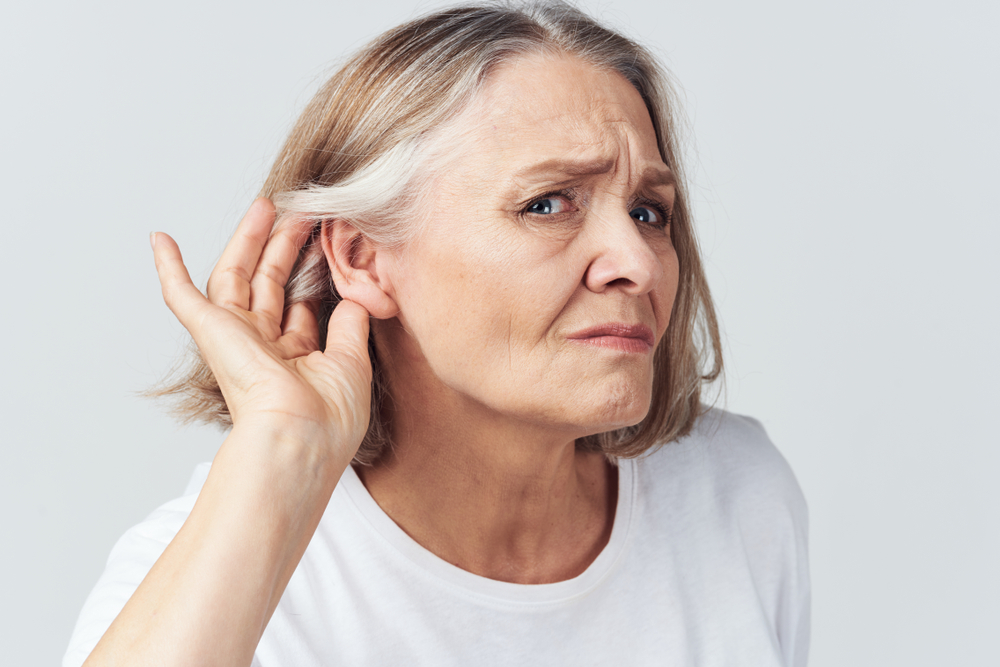In today’s bustling social environments, experiencing hearing loss can lead to unforeseen challenges, impacting not only our ability to engage in conversations but also our mental well-being. Imagine the frustration of missing out on the nuances of discussions at your favorite restaurant, causing you to withdraw from social gatherings. While it might seem like a personal choice to distance yourself from friends, the reality is often rooted in coping with hearing loss rather than antisocial behavior.
This phenomenon isn’t uncommon. Individuals grappling with hearing loss often find themselves gradually withdrawing from social interactions, inadvertently isolating themselves from the world around them. Unfortunately, this isolation can trigger a cascade of psychological issues, highlighting the critical importance of addressing hearing loss promptly to mitigate its long-term effects.
Understanding the psychological toll of hearing loss
The journey through hearing loss isn’t just about struggling to catch every word; it’s also about grappling with the profound psychological impact it can have. Social isolation often becomes the default as communication becomes increasingly challenging. This withdrawal from social circles isn’t deliberate but rather a coping mechanism to navigate the complexities of hearing loss. However, prolonged isolation can worsen existing mental health disorders or even result in the development of new ones such as depression and anxiety.
What are mental health issues linked to hearing loss?
Depression can loom heavily for those with untreated hearing loss, with studies indicating a 50% higher likelihood compared to individuals with healthy hearing. The loss of connection to the world, once filled with the symphony of sounds, can plunge individuals into persistent sadness and, in severe cases, even lead to suicidal ideation.
Similarly, anxiety often accompanies hearing loss, stemming from uncertainty about navigating this new reality. Chronic anxiety can manifest in various forms, from sleep disturbances to overwhelming panic attacks, further complicating daily life.
Moreover, the cognitive toll of hearing loss cannot be overlooked. While not directly causing dementia, hearing loss has been linked to cognitive decline. Whether due to increased cognitive strain or reduced stimulation of neural pathways, the connection between hearing loss and cognitive health underscores the urgency of seeking treatment.
Seeking a path to treatment
While hearing loss poses a higher risk of mental health challenges, it’s not an inevitable outcome. Seeking treatment for hearing loss can significantly alleviate these concerns, offering a pathway to a healthier, more fulfilling life. Hearing aids, for instance, can serve as invaluable tools, empowering individuals to re-engage with the world around them. By enhancing communication abilities, hearing aids mitigate social isolation, fostering stronger connections and reducing the risk of depression and anxiety.
Furthermore, addressing hearing loss proactively can help forestall cognitive decline, preserving cognitive function and reducing the risk of associated conditions such as dementia. Thus, by embracing treatment for hearing loss, individuals can reclaim their social lives, reigniting their passion for dining out with friends and savoring the joys of shared conversations.
In conclusion, the journey through hearing loss is multifaceted, encompassing not just physical limitations but also profound psychological challenges. Recognizing the psychological toll of hearing loss is the first step towards seeking effective treatment.
By addressing hearing loss promptly and embracing interventions such as hearing aids, individuals can mitigate social isolation, alleviate mental health concerns, and reclaim their quality of life. So, let’s embark on this journey together, navigating the complexities of hearing loss with resilience and hope. Find a hearing specialist near you to explore options for your hearing loss.



